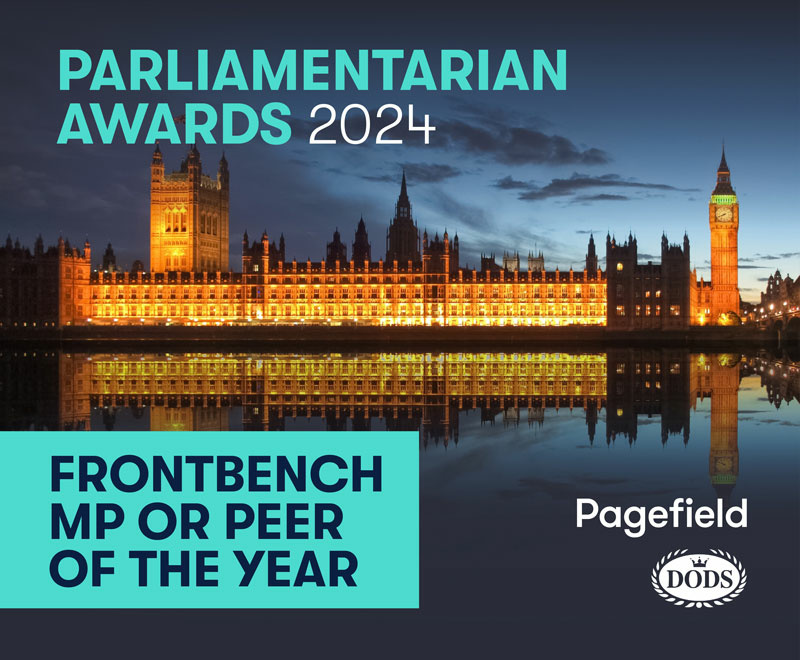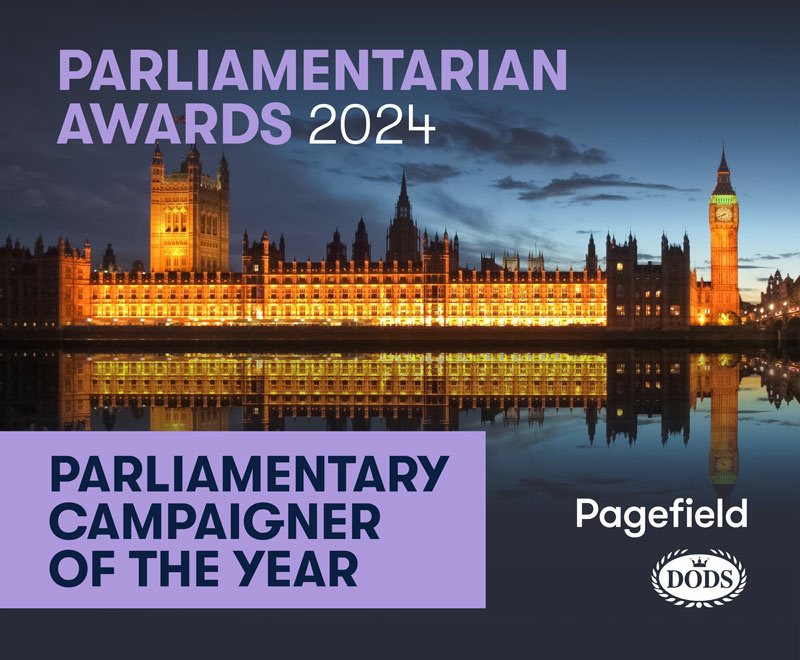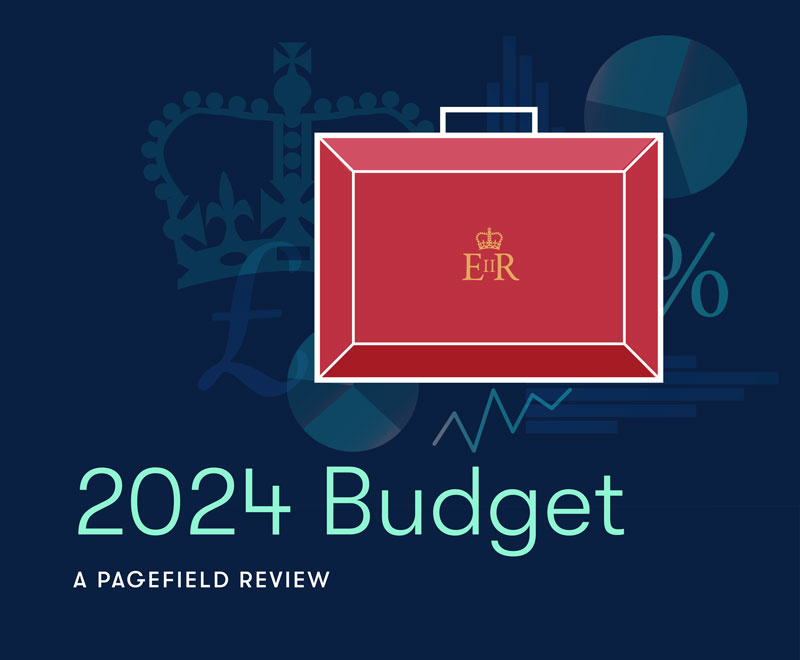This year’s Sustainability LIVE provided a forum for discussion and the sharing of insights on best practice for businesses keen to know how to develop succinct sustainability strategies. It was also the perfect forum for businesses to collaborate on ESG topics.
What was clear from the outset was the extraordinary impact a business can now have both on the environment and society in general to implement and deliver meaningful policies. Whether through reducing carbon emissions, enabling a more diverse and representative workforce, or striving for greater transparency across governance policies and supply chain management, companies need, in the words of one key speaker, to ‘align their commercial proposition and corporate purpose’.
Leading the way on this was one of our own clients, Tier, explaining how it has grown exponentially as a net-zero e-mobility company. Tier is using emerging technology to capture data that informs sustainable business practices, driving forward an environmentally conscious manufacturing and design process for mobility vehicles and bolstering e-mobility solutions to require minimal intervention and replacement parts. The company is also sharing the data it gathers with town and city planners across the UK, to further support local authorities in the development of smart cities. Having outlined their ESG strategy, Tier effectively communicated how it has taken an approach toward ESG policies that positions technology as part of a solution to the varying issues encountered through inner-city mobility.
From the perspective of a communications professional, one of the standout points raised during this year’s conference, was that companies of all sizes need a steady hand to steer them through this process, to ensure internal and external buy-in.
We’ve set out three key takeaways for ESG communications from the event:
Supply chain transparency is business-critical.
It was made clear during the event that if an organisation is seeking to lead and define its ESG narrative, it needs to have transparency across its supply chains. It’s a simple rule to follow – the more clarity you have on your activity as a business, your engagement with suppliers, and any partners or whomever may be involved in your businesses supply chain, the easier it is to guide your narrative. There’s no scope here for uncertainty or clouded communication, and with the advances in our ability to capture and use data on this, through software like Interos, businesses have less of an excuse to hide when it comes to establishing transparency across their operations.
Tell the exciting, game-changing stories.
One speaker highlighted the importance of standing out in an increasingly congested sustainability communications space. Carbon commitments are not novel in the way they once were. Once such commitments have been set, businesses should move on to talking about the exciting, innovative projects that are breaking the status quo and making a real impact. These are the stories that will bring an organisation’s commitments to life and define a strategy beyond just producing an annual ESG report. Integrating the lived experience of an organisation’s employees and clients is essential to this.
Don’t forget about the “S and G”.
There still appears to be a lag between aligning focus and the ability to empirically measure ‘targets’ on environmental and sustainability policies, for those managing the development of social and governance policies. For many businesses, there is still limited governance in place to provide transparency over issues like the ethnicity pay gap, and no way to effectively capture the data held on wider social and governance codes. The solution here lies in taking a creative approach to how you communicate and implement methods to capture this information, and in doing so, act as a trailblazer within your industry or sector.
Special mention: Across the board, speakers emphasised the pivotal role that businesses have to play in the fight against climate change. A rolling sentiment made across the day was that a catalyst has been created for game-changing ESG policies to be adopted by businesses. For the uptake to be more widespread, however, there needs to be a precedent set by businesses that extends across their supply chains.
Pagefield specialises in providing guidance on communicating your ESG initiatives, cutting through the noise and building your reputation based on your sustainability goals – whilst rigorously protecting you during critical moments. Our mantra for ESG is simple – practice what you preach. In rolling out a standard for best practice across your own business, you create transparency across your whole network of operations. By leading the way on implementing measurable policies to help tackle climate change, you set the very best example.
If you’d like to discuss how we can help you, please get in touch via hello@pagefield.co.uk




